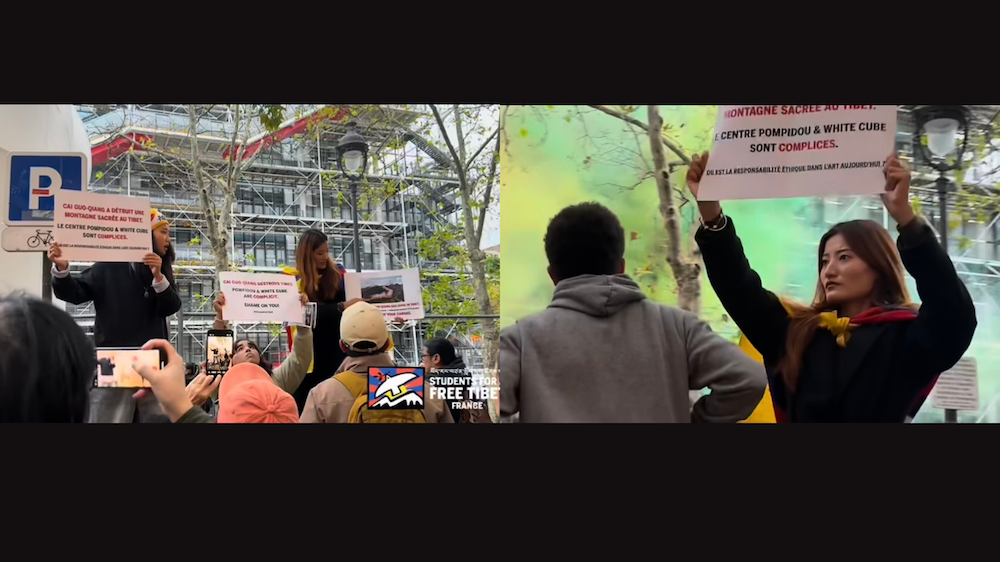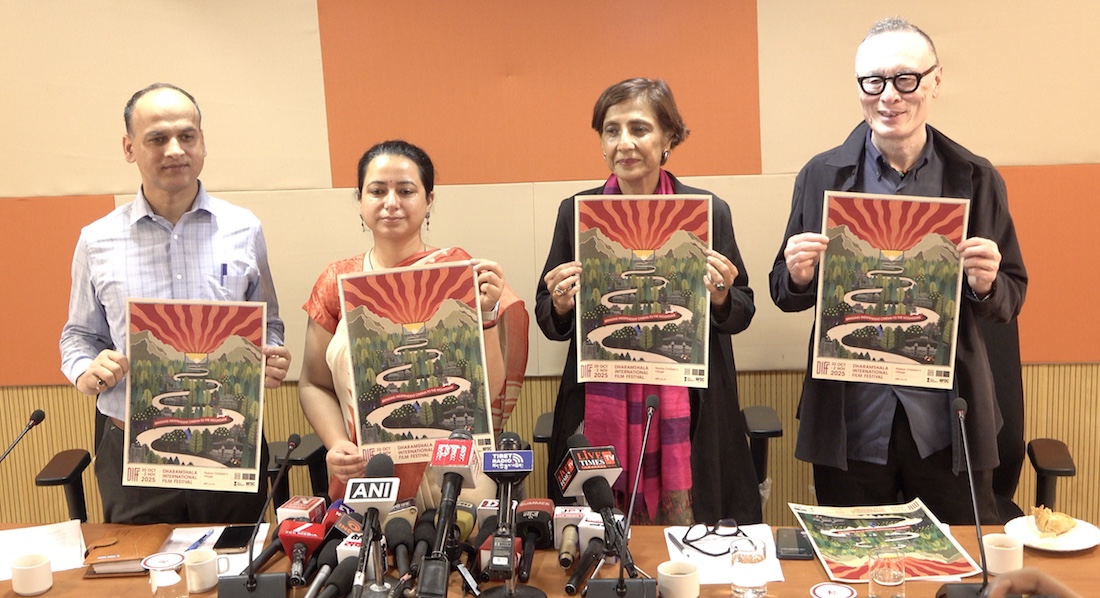By JOANNA KOWALSKI
A Tibetan monk has paid a visit to the University of Nottingham to question its growing links with China.
Buddhist monk the Venerable Yeshe Togden was imprisoned in the late 1980s for peaceful protest against China’s occupation of Tibet.
And he has called on the university to use its growing influence in China to advocate better human rights, especially in his homeland.
The university has brought in thousands of Chinese students and it is poised to open an education base there.
Yeshe Togden met Vice Chancellor Sir Colin Campbell yesterday to discuss the university’s plans to expand into China and the implication for human rights.
Speaking through an interpreter, Yeshe Togden told the Post: “There will be enormous benefits for the Chinese people to have this new school, but it is equally important not to forget persecuted people there like the Tibetans.
“Looking at human rights, the right to opportunities for appropriate education for Tibetan children has been heavily restricted, especially education in the Tibetan language.
“Similarly there are heavy restrictions on the right to speech and the right to religious freedom.
“It is important to have the leadership of the university raise issues about Tibet and human rights with the Chinese representatives without hindering the relationship between the university and China.”
The university currently has more than 1,000 Chinese students, compared with 80 in 1999 – making up its biggest foreign group.
The university is currently in negotiations with education bosses from the Chinese government to establish a permanent base in eastern China – its third major presence in south-east Asia, with campuses already up and running in Singapore and Malaysia.
Yeshe Togden is President of the Gu Chu Sum Movement, an organisation set up in 1991 to offer support to political prisoners in Tibet.
He and another former prisoner of conscience Ngawang Kyonmey – a democracy campaigner imprisoned in the 1990s – were on campus to give a talk to students and the public about their experiences in prison.
The talk was organised by the University of Nottingham Tibet Society.
Society spokesman Conall Watson said: “The meeting with the vice-chancellor was very successful but it is important that human rights are guaranteed for the equivalent Nottingham University students in China as they are here.”
Professor Douglas Tallack, the university’s pro vice-chancellor for internationalisation, said: “We have a long record of work on human rights. We have a centre for human rights based in the Law School and each year we bring a group of Chinese scholars over here to take part.
“I think working with Chinese institutions, exposing students and staff to alternative views, is the approach we would prefer to adopt.”









